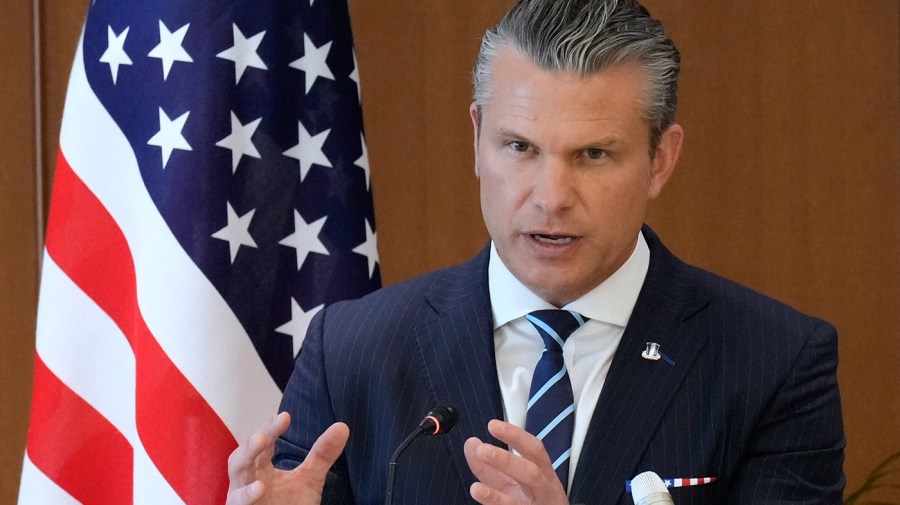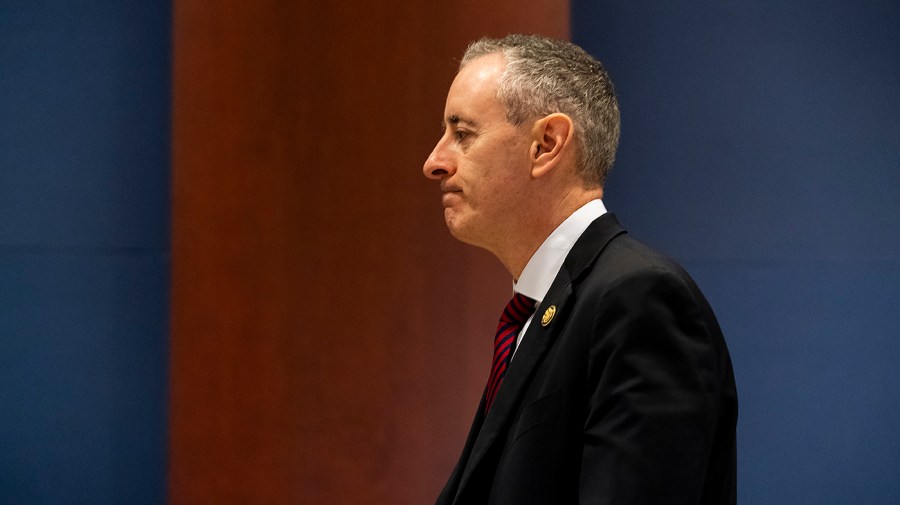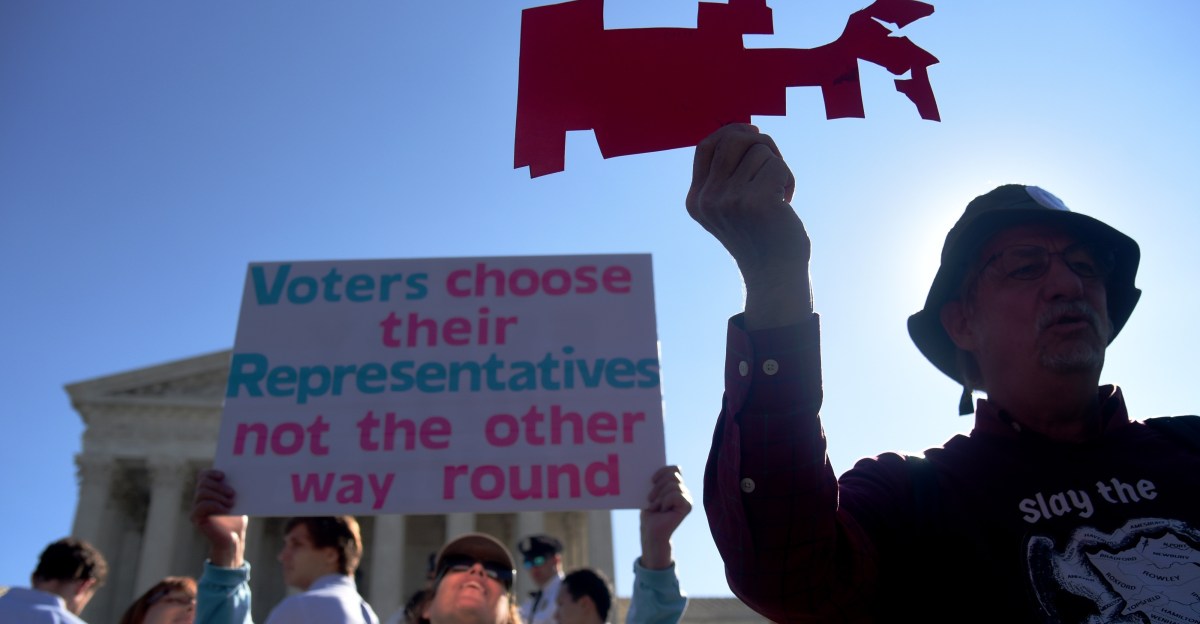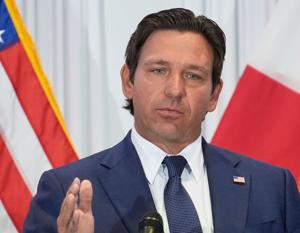Democratic members of the House Armed Services Committee expressed frustration following a classified briefing on military strikes ordered by the Trump administration against alleged drug-trafficking boats in the Caribbean and East Pacific. The briefing, held on September 28, 2023, aimed to provide insight into the operations but left many lawmakers dissatisfied with the information presented.
During the closed-door session, Democratic representatives sought clarity on the rationale behind the military actions. They were particularly concerned about the lack of detailed explanations regarding the targeting of vessels and the overall strategy employed by the administration. Several members indicated that the responses they received were insufficient to address their pressing questions.
In the wake of the briefing, lawmakers voiced their frustrations publicly. One member emphasized the importance of transparency in military operations, especially concerning actions that could involve significant international implications. The feeling among the Democratic representatives was that they were not adequately informed about the operational details or the potential repercussions of these military actions.
As discussions continue, the implications of the military strikes remain a focal point for both Democratic and Republican members of Congress. The administration’s approach to combating drug trafficking through military means raises questions about the effectiveness and legality of such operations.
The military strikes in the Caribbean and East Pacific are part of broader efforts to combat drug trafficking, which has significant implications for both regional security and domestic public health. Lawmakers are expected to further scrutinize these operations and seek more comprehensive briefings as the situation evolves.
With growing concerns about military engagement and its consequences, the dialogue within Congress is likely to intensify in the coming weeks. The outcome of these discussions could shape future policies regarding military interventions and international cooperation in drug enforcement initiatives.







